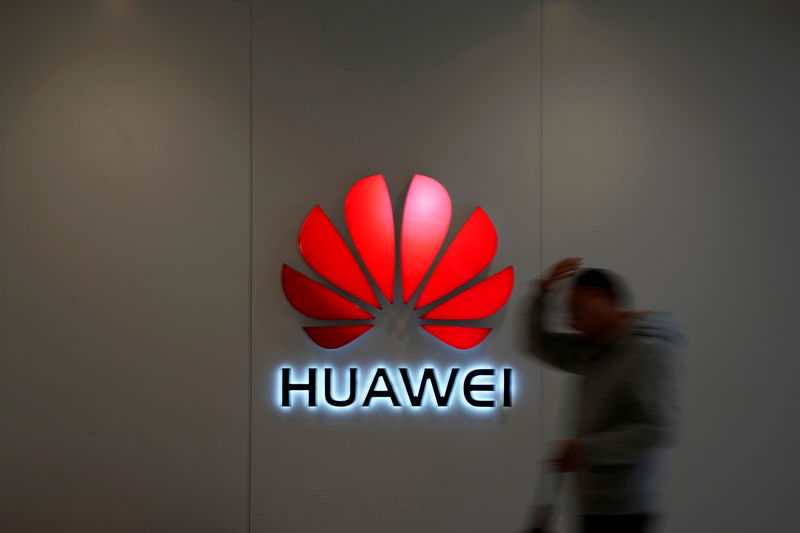Asahi shares mark weekly slide after cyberattack halts production
Investing.com - China’s Huawei Technologies has utilized advanced parts from some of Asia’s largest technology names in some of its leading artificial intelligence processors, according to Bloomberg News.
Citing a statement from research firm TechInsights, the news agency said a teardown of Huawei’s third-generation Ascend 910C found multiple samples of equipment from Taiwan Semiconductor Manufacturing Co. (TW:2330), Samsung Electronics (KS:005930) and SK Hynix (KS:000660).
Ottawa-based TechInsights flagged that TSMC manufactured the dies in Huawei accelerators, while Samsung and SK Hynix made components in two separate samples of the Ascend 910C, which began shipping on a mass scale earlier this year.
The report potentially highlights China’s need for foreign gear during an ongoing drive to increase its domestic AI semiconductor production. Huawei, in particular, has long been grappling with a constrained flow of technology, due in large part to ongoing U.S. export restrictions aimed at denting China’s ability to develop high-end semiconductors and rival American AI-darling Nvidia globally.
Exports to China of AI chips, as well as supporting high bandwidth memory components and other tools, have all been targeted by Washington’s restrictions.
Beijing, for its part, has been urging local companies to bolster its sourcing from domestic partners, although stockpiling foreign goods ahead of and around the sanctions -- especially at Huawei -- has reportedly become a key strategy.
In a statement to Bloomberg, TSMC said the 910C hardware reviewed by TechInsights appeared to be made with dies analyzed in October 2024, instead of more recently manufactured or advanced technology. "Shipments and manufacturing of that chip have been halted since then," TSMC said in the statement quoted by Bloomberg, adding that it has complied with all U.S. export control regulations.
Samsung also said it was strictly following the U.S. export rules, while SK Hynix said it ceased all transactions with Huawei after 2020.
